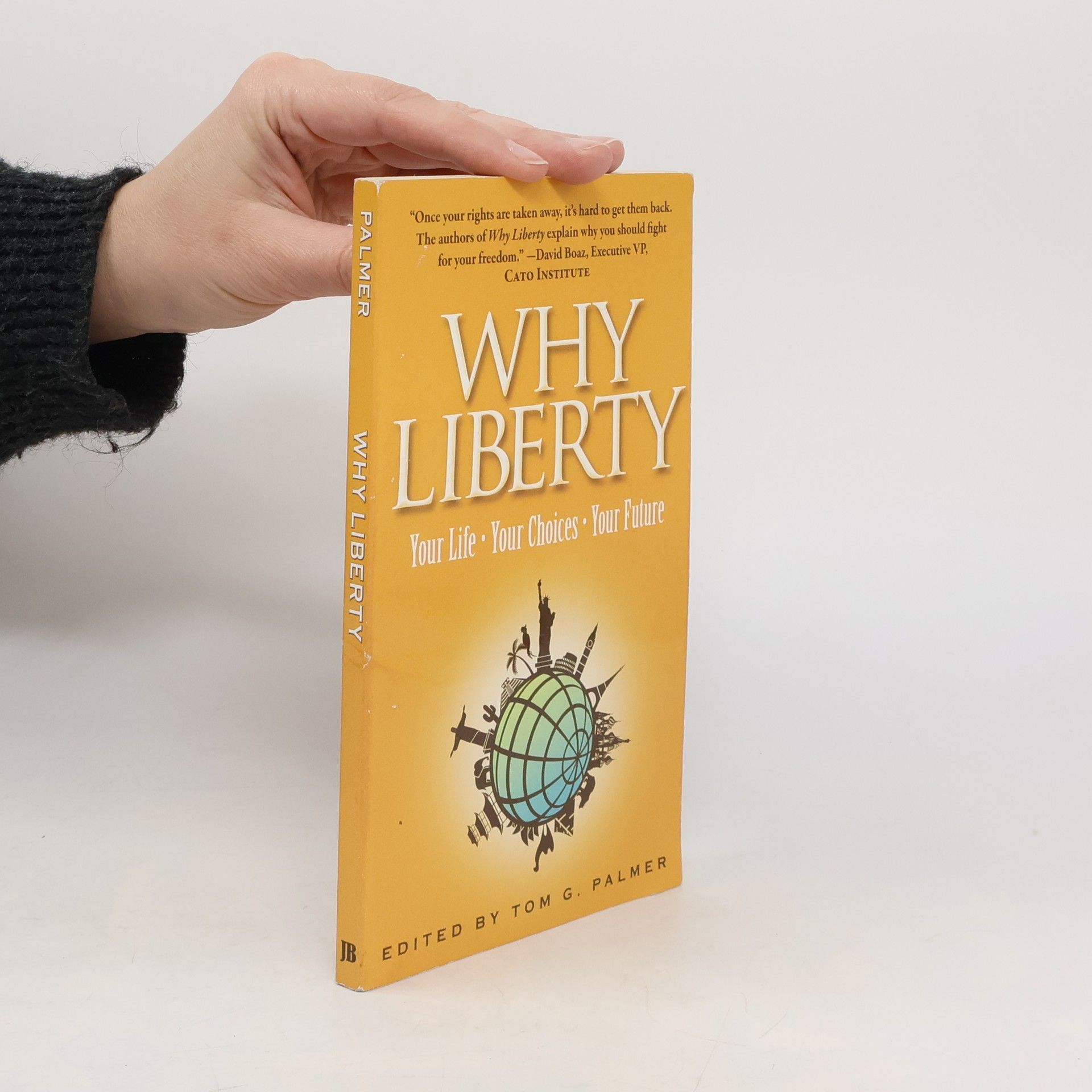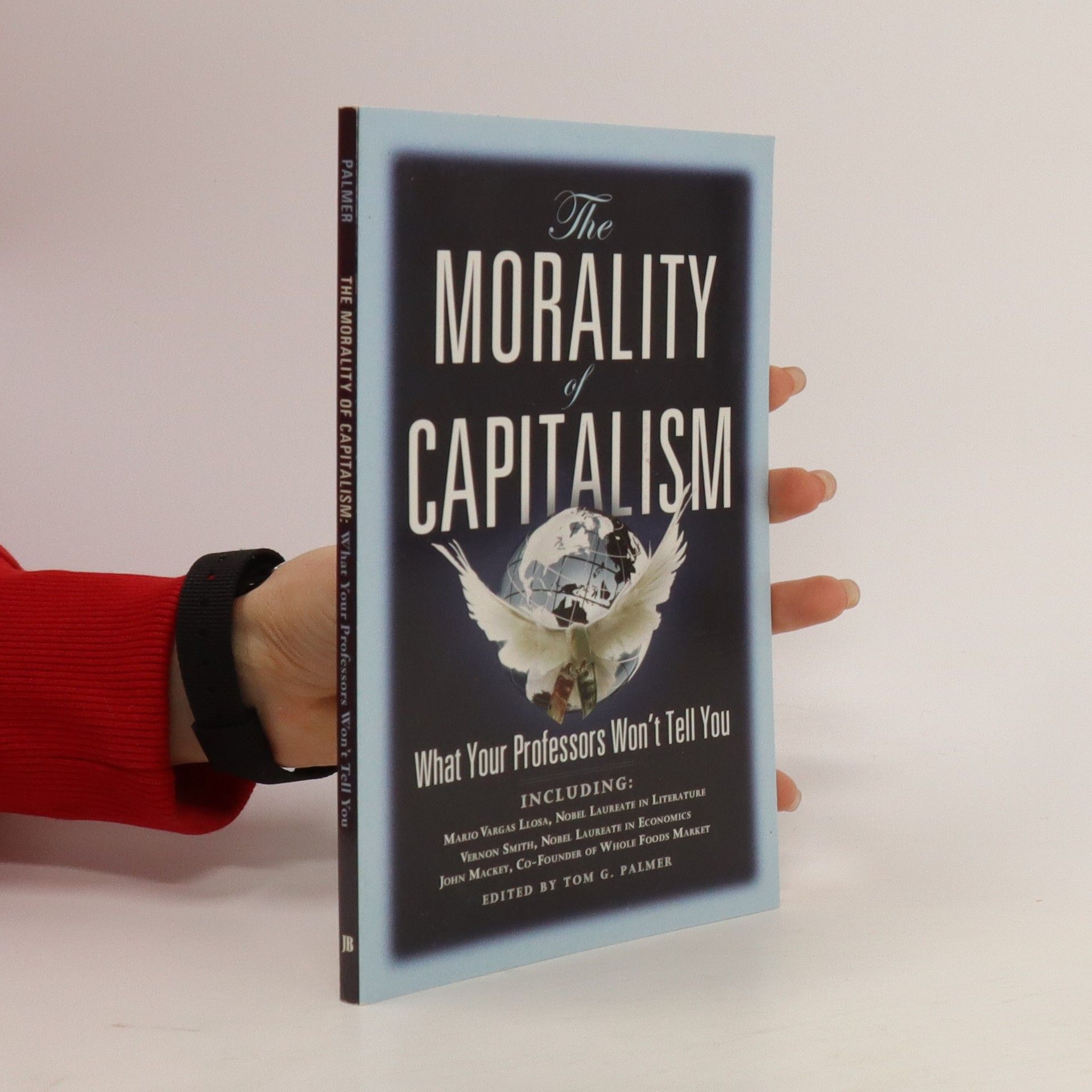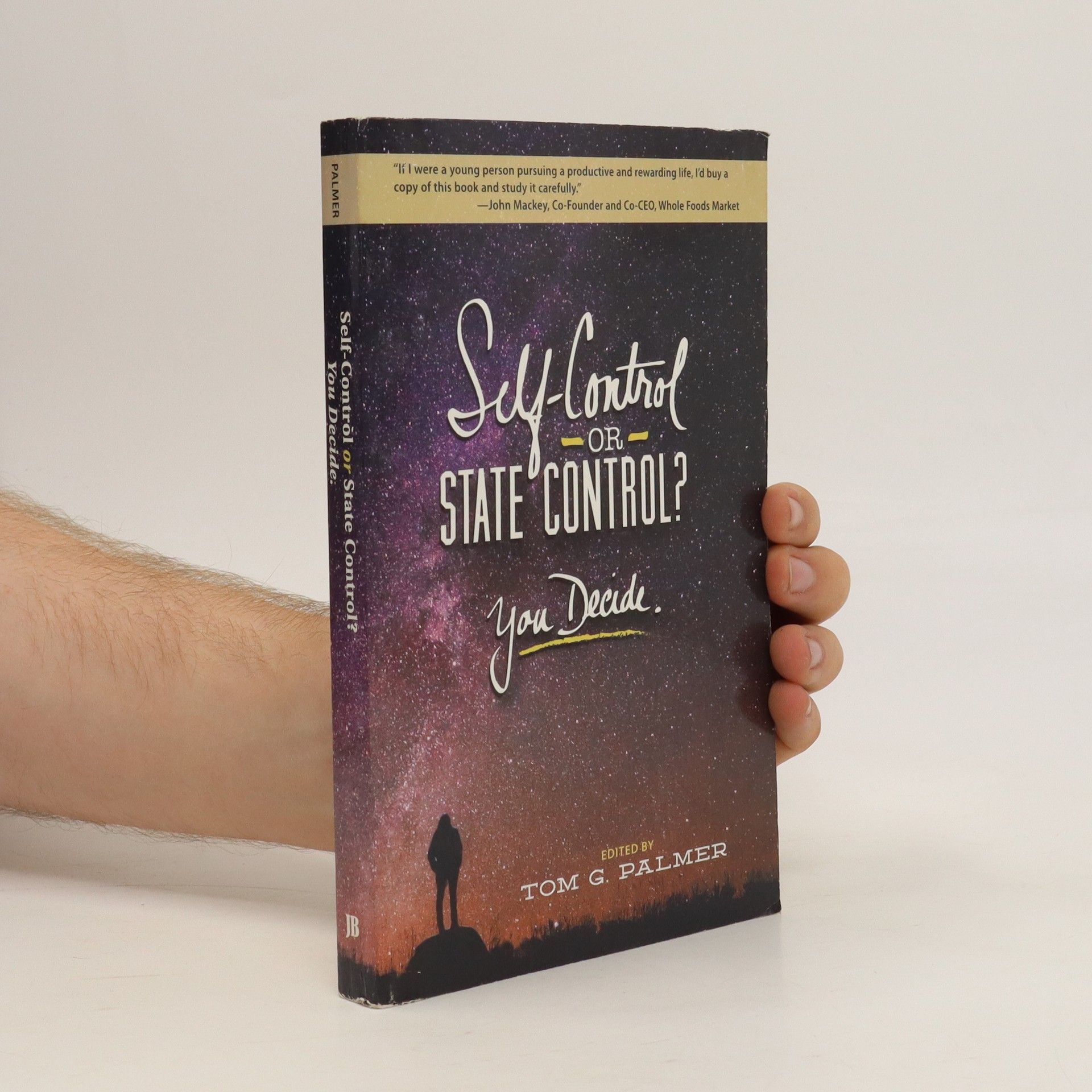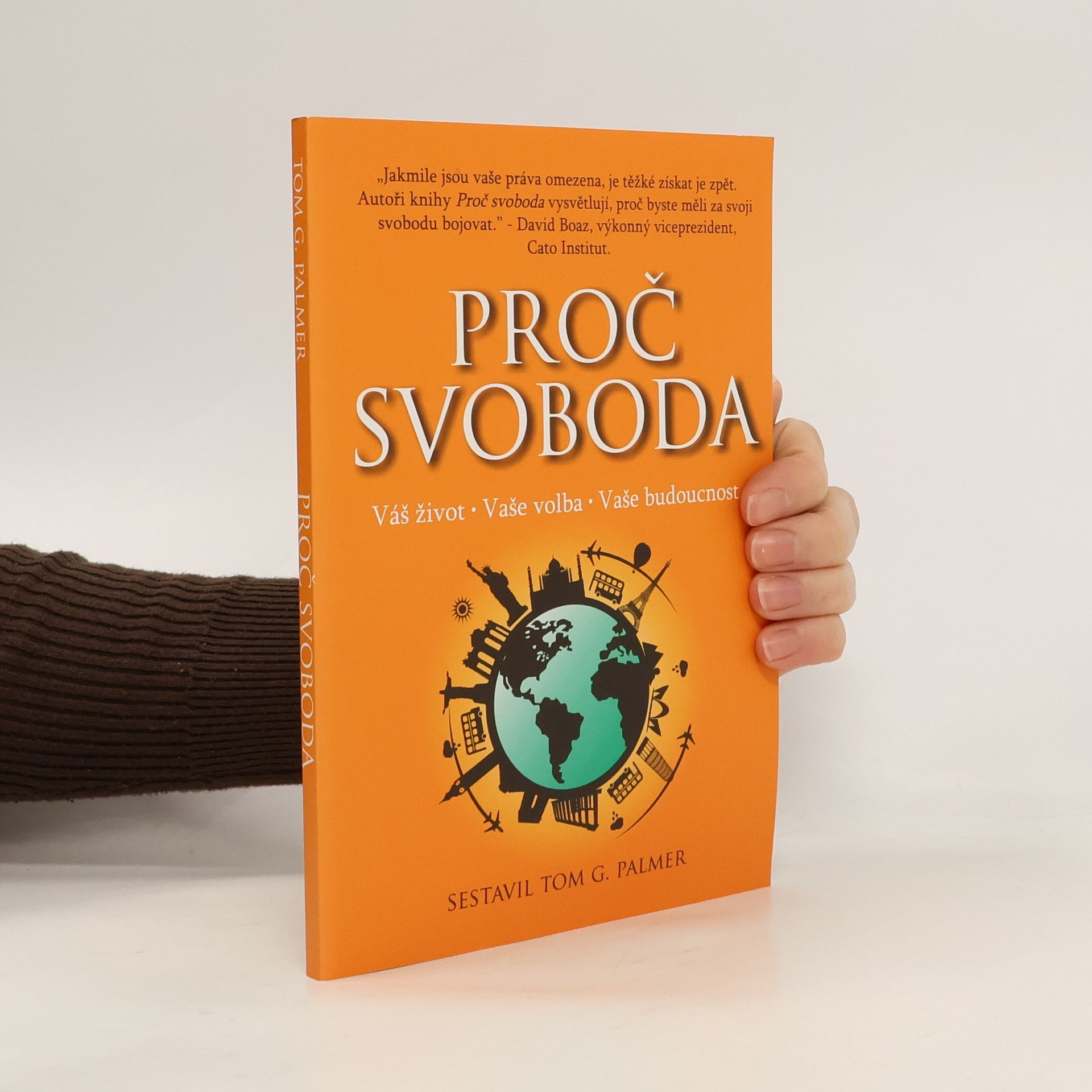Realizing Freedom: Libertarian Theory, History, and Practice
- 575 Seiten
- 21 Lesestunden
Exploring the intricate relationship between freedom, justice, law, and prosperity, this collection showcases Tom Palmer's extensive writings as a scholar, journalist, and activist. His essays address diverse topics such as multiculturalism, democracy, and globalization, making complex ideas accessible to a broad audience. Palmer's experiences include advocating for freedom in oppressive regimes and engaging in various social movements. His compelling and thought-provoking prose invites readers to reflect deeply on the principles of liberty in contemporary society.






